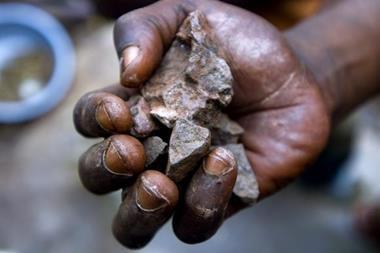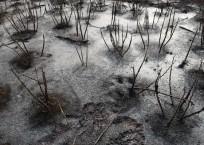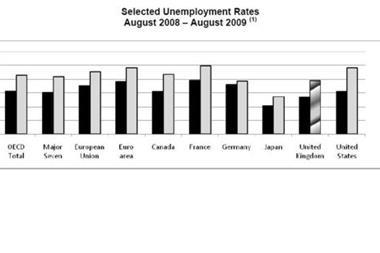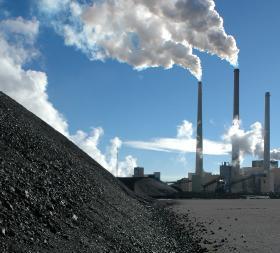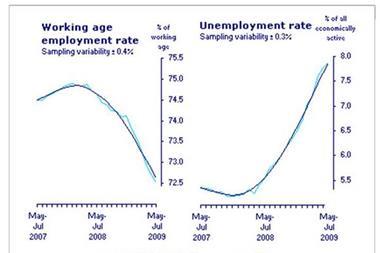Extractive industry brings poverty and pollution to the region, says report
The oil industry has brought impoverishment, conflict, human rights abuses and despair to the majority of the people living in the oil rich Niger Delta, according to Amnesty International.
A new report released by the human rights group detailed how the Nigerian government is failing to hold oil companies to account for the pollution they have caused.
‘Oil companies have been exploiting Nigeria’s weak regulatory system for too long,’ said Audrey Gaughran of Amnesty International. ‘They do not adequately prevent environmental damage and they frequently fail to properly address the devastating impact that their bad practice has on people’s lives.’
The Niger Delta is one of the world’s 10 most important wetland and coastal marine ecosystems and is home to some 31m people. It is also the location of massive oil deposits, which have been extracted for decades by the government of Nigeria and by multinational oil companies.
The United Nations Development Program (UNDP) describes the region as suffering from “administrative neglect, crumbling social infrastructure and services, high unemployment, social deprivation, abject poverty, filth and squalor, and endemic conflict.”
This poverty, and its contrast with the wealth generated by oil, has become one of the world’s starkest and most disturbing examples of the ‘resource curse’, claimed Amnesty.
‘More than 60 per cent of people in the region depend on the natural environment for their livelihood,’ said Audrey Gaughran ‘Yet, pollution by the oil industry is destroying the vital resource on which they depend.’
The destruction of livelihoods and the lack of accountability and redress have led people to steal oil and vandalize oil infrastructure in an attempt to gain compensation or clean-up contracts. Armed groups are increasingly demanding greater control of resources in the region, and engage in large-scale theft of oil and the ransoming of oil workers. Government reprisals against militancy and violence frequently involve excessive force, said Amnesty.
The majority of incidents involve Royal Dutch Shell, claimed Amnesty.
Hundreds of oil spills occur each year, added the activists. According to the UN, more than 6,800 spills were recorded between 1976 and 2001. According to the National Oil Spill Detection and Response Agency some 2,000 sites require treatment because of oil-related pollution.
The regulatory system in the Niger Delta is flawed. The government agencies responsible for enforcement are ineffective and, in some cases, compromised by conflicts of interest, said the group.





